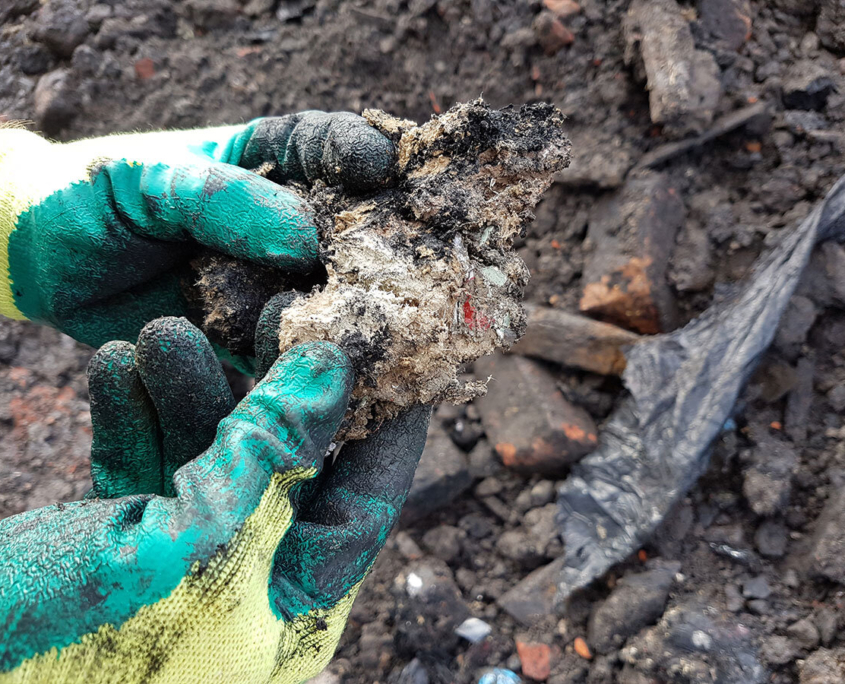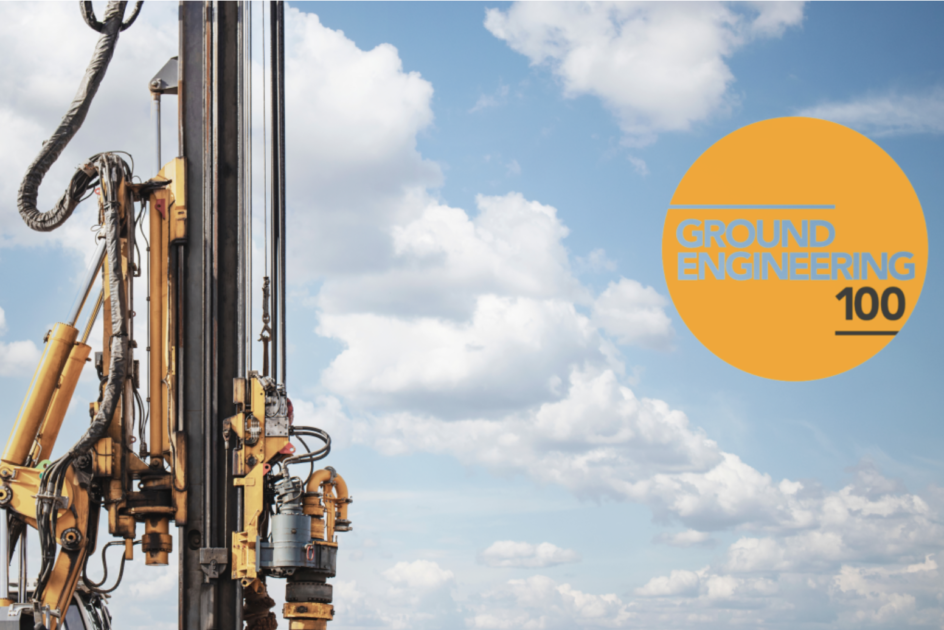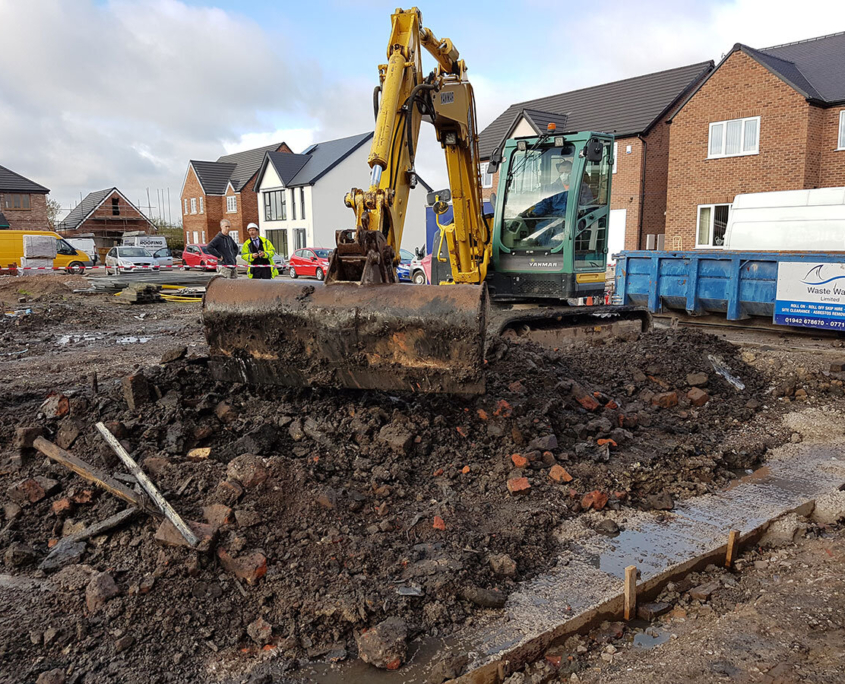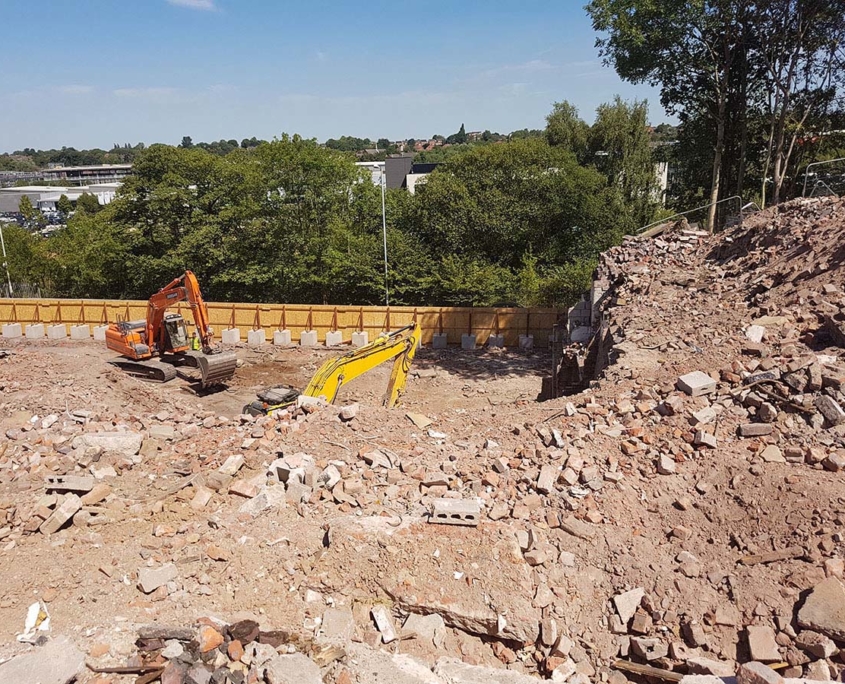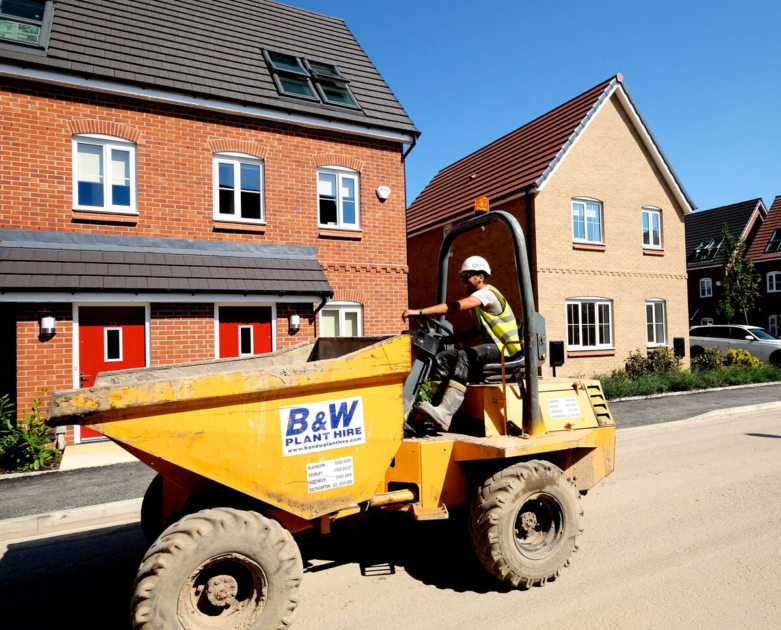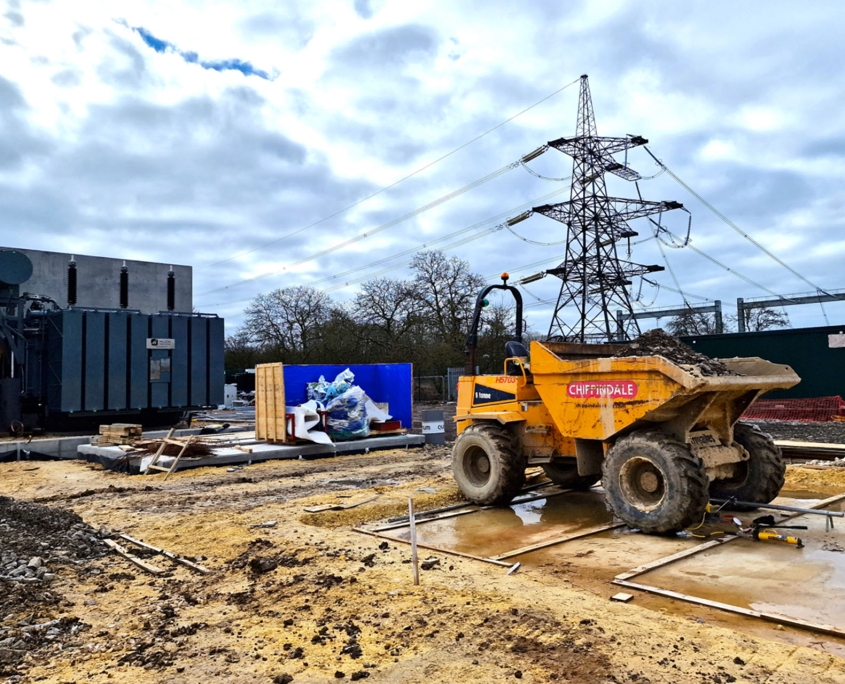Why is Soil Waste Classification Important?
Correct soil waste classification can save you money and reduce the amount of waste going to landfill.
In this article, we look at “Why is soil waste classification important? What is WAC Testing? and how the correct process of soil waste management can save your development site money.”
At Earth Environmental & Geotechnical Ltd. we provide advice and geotechnical services to clients working on residential, commercial, industrial, renewable, infrastructure, and public sector projects, to name a few, on how to effectively manage soil waste on their development projects. Our services will ensure you are both compliant with legislation and efficient on when and how to reuse, recycle or dispose of soil waste.
Throughout the UK new developments can generate large amounts of soil waste as ground is excavated for foundations, basements, landscaping, etc. But what developers do with the excess soil can have a big impact on costs and legal compliance. At Earth Environmental & Geotechnical Ltd. we are frequently asked two important questions.
- How can I effectively manage the soil waste on the development site?
- What legislation covers soil waste?
Soil Waste Classification is an essential process of construction projects, accurate segregation will reduce costs by minimising the volume of contaminated soil that is removed from the site. By correctly identifying and segregating the waste soil, it will reduce and control the risk of cross-contamination, resulting in reduced waste disposal costs and correct soil waste management can reduce the amount of waste disposed in hazardous landfill sites.
Soil Waste Classification is Important
The correct process of soil waste classification can:
- Reduce the amount of material going to landfill
- Reduce the amount of material going to expensive hazardous landfill
- Reduce the amount of raw material brought onto the development site if waste can be reused
- Correctly identify any hazardous waste
- Reduce and control the risk of cross contamination, resulting in reduced waste disposal costs
- Provide mitigation steps for hazardous or contaminated soil waste
If you are planning a new development and need geotechnical services contact us now to discuss Geotechnical and Geoenvironmental Services throughout the UK.
How can I effectively manage the soil waste on the development site?
You can find more information on our Soil Waste Classification Services here
The Construction Code of Practice developed to assist anyone involved in the construction sector to better protect the soil resources with which they work has detailed information. At Earth Environmental & Geotechnical we provide the full range of services highlighted in the code of practice so contact us now to discuss your development site.
A summary of the key messages in this Code of Practice is set out below:
Pre-construction planning
• Have a soil resource survey carried out on site by a suitably qualified and experienced soil scientist or practitioner at the earliest convenience and prior to any earthworks operations
• Incorporate the results of the soil resource survey into the site working strategy (e.g. Site Waste Management Plan or Material Management Plan) ensuring liaison between the soil resource survey and other ground investigations
• Ensure that you are informed of and follow waste regulations as necessary
• Consider the use of sustainable drainage systems on site as these can provide more long term protection of soils beyond the construction phase, by facilitating the infiltration and attenuation of surface water
Soil management during construction
• Prepare a Soil Resource Plan showing the areas and type of topsoil and subsoil to be stripped, haul routes, the methods to be used, and the location, type and management of each soil stockpile
• When stripping, stockpiling or placing soil, do so in the driest condition possible and use tracked equipment where possible to reduce compaction
• Confine traffic movement to designated routes
• Keep soil storage periods as short as possible
• Clearly define stockpiles of different soil materials
Landscape, habitat or garden creation
• Ensure that the entire soil profile is in a condition to promote sufficient aeration, drainage, and root growth
• Safeguard and utilise on-site soil resources where possible. If importing soils, use a reputable supplier, establish the source of the soil, and ensure it is suitable for the intended use
You can read the full document here
What legislation covers soil waste?
In England and Wales, any soil that is to be discarded or is required to discard is considered to be waste you can find out more information here
If waste soil is to be exported from the site, it must be classified in accordance with the guidance provided by the Environment Agency’s publication. The technical Guidance WM3 can be read here
You can find more information on waste classification here
More About Earth Environmental & Geotechnical Ltd.
We have worked on a huge array of your sites, from former gasworks, Victorian reservoirs, sewage works, battery storage facilities, renewable energy projects, asbestos factories, electricity sub-stations, collieries, fuel retailing stations, airports, abattoirs, quarries, landfills, etc.
Our services have been used to assist in securing planning pemission and for the the planning and design of new retail stores, housing projects, renewable energy, windfarms solar projects, landfills, quarries, and the restoration of numerous brownfield sites.
We deliver, and take pride in, providing cost effective and pragmatic geotechnical and environmental solutions from our 8 offices in Bath, Cardiff, Edinburgh, Inverness, Stockport, Maidstone, Reading and Wilton.
All of our offices are run by highly experienced Directors, backed by degree qualified staff.
Contact Us now to discuss your project
Environmental & Geotechnical Consultancy Services Throughout UK
Frequently Asked Questions on Soil Waste Classification
What is a Soil Waste Classification Test?
Soil waste classification testing is an first and most essential part of the waste disposal process. The Soil Waste Classification Test allows for the accurate classification of waste soil (hazardous or non-hazardous) and ensures appropriate management of waste. If a site is believed to be potentially contaminated, a soil waste classification test will be required prior to disposal of soil waste from site. A Phase 1 Desk Study combined with preliminary site investigations will identify potential contaminants to test for.
A soil waste classification test will analyse these contaminants and assess them against multiple waste regulations to determine whether soil waste is classified as hazardous or non-hazardous.
Soil waste classification testing may save you money by reducing disposal costs, if waste can be classified as non-hazardous, and avoiding potential penalties for wrongly disposing of soil waste.
What is The Difference between Soil Waste Classification Test and WAC Test?
Soil waste classification and WAC tests – (Waste Acceptance Criteria) are two important, and different steps in the waste management process on construction sites.
Waste Acceptance Criteria (WAC) testing is carried out to determine which landfill class soil waste can be sent to. WAC testing does not provide a measure of the total hazardous content of the soil, the tests are primarily by analysis of leachates derived from that waste.
As such WAC data must not be used for waste classification. WAC Testing is used to determine how a waste will behave once it’s buried in a landfill site.
If waste is identified as non-hazardous, through the waste classification testing process, it may be prudent to conduct WAC testing to confirm the soil waste meets inert landfill criteria. As inert landfill disposal is significantly cheaper than other landfill categories. We provide robust services to complete the soil waste classification on your development site and where identified complete the WAC test to ensure the most cost effective and eco responsible steps are taken to reuse, recycle or dispose of waste from your development site.
We have also completed extensive site investigation and ground investigation services in various locations throughout the UK to support new developments and construction
- trial pits
- rotary drilling
- in-situ plate bearing
- Cable Percussive Boreholes
- Window Sample Drilling
- Deep Window Sample Borehole
- Rock Coring
- Rotary Boreholes
- Rotary Core Drilling
- Dynamic Probing
- Trial Pits
- Trenches
- Windowless Sampling Rig
- Soakaway Testing
- Modular windowless sampling drilling rig
- infiltration tests
- ground penetrating radar


